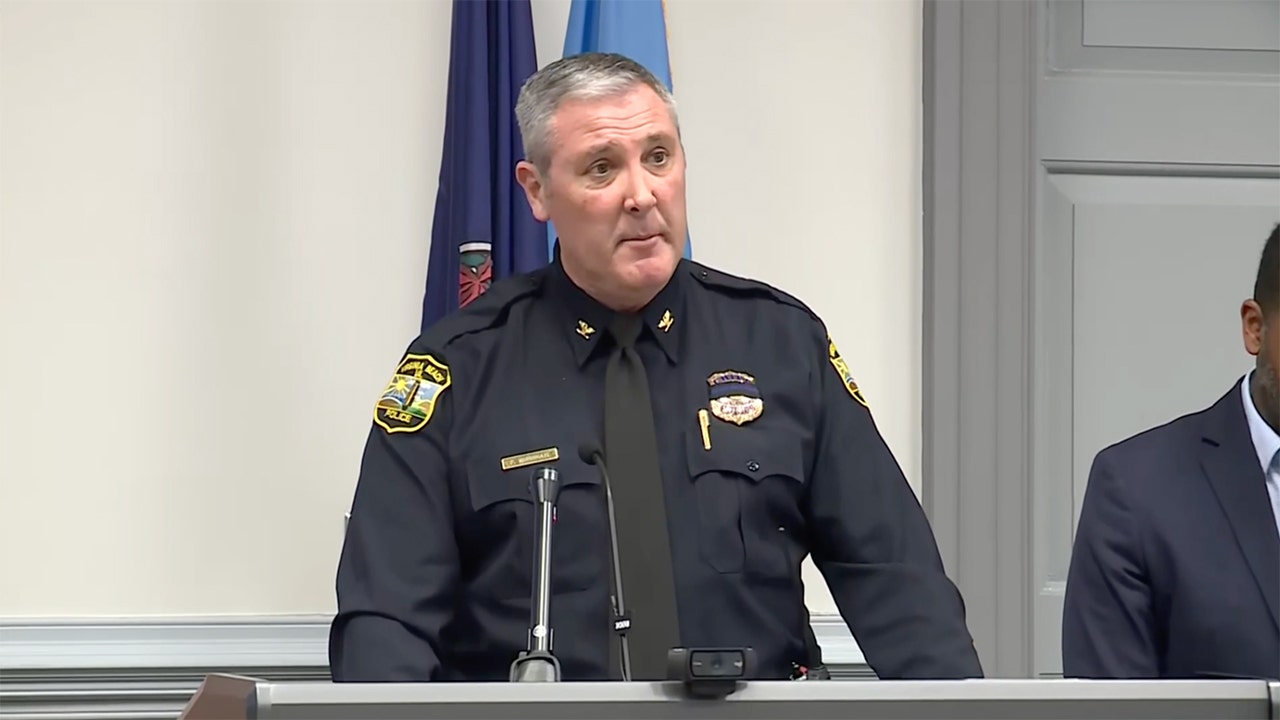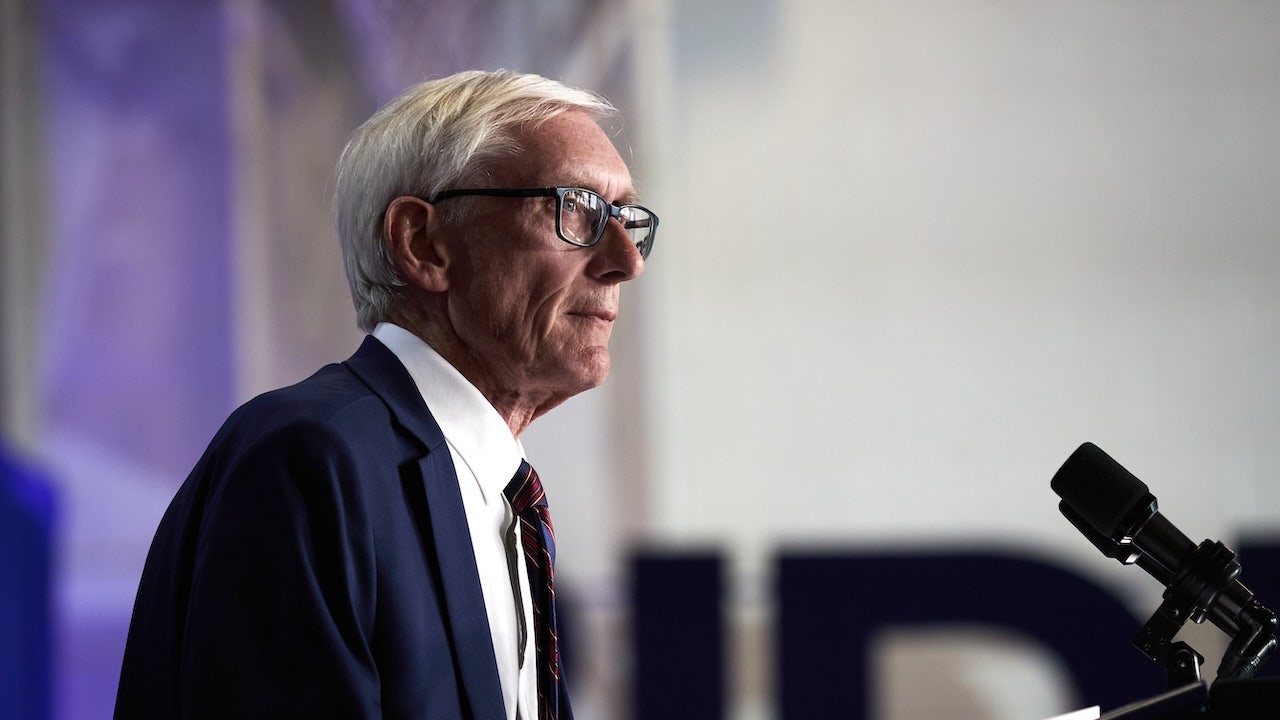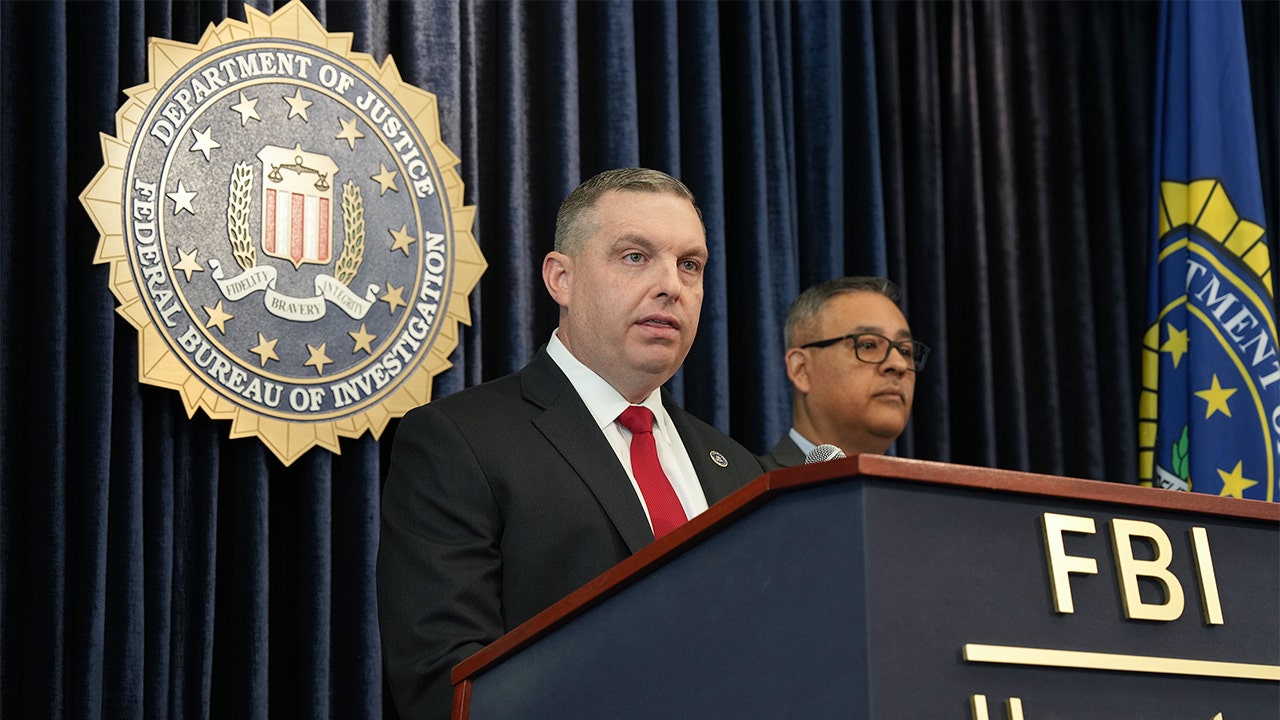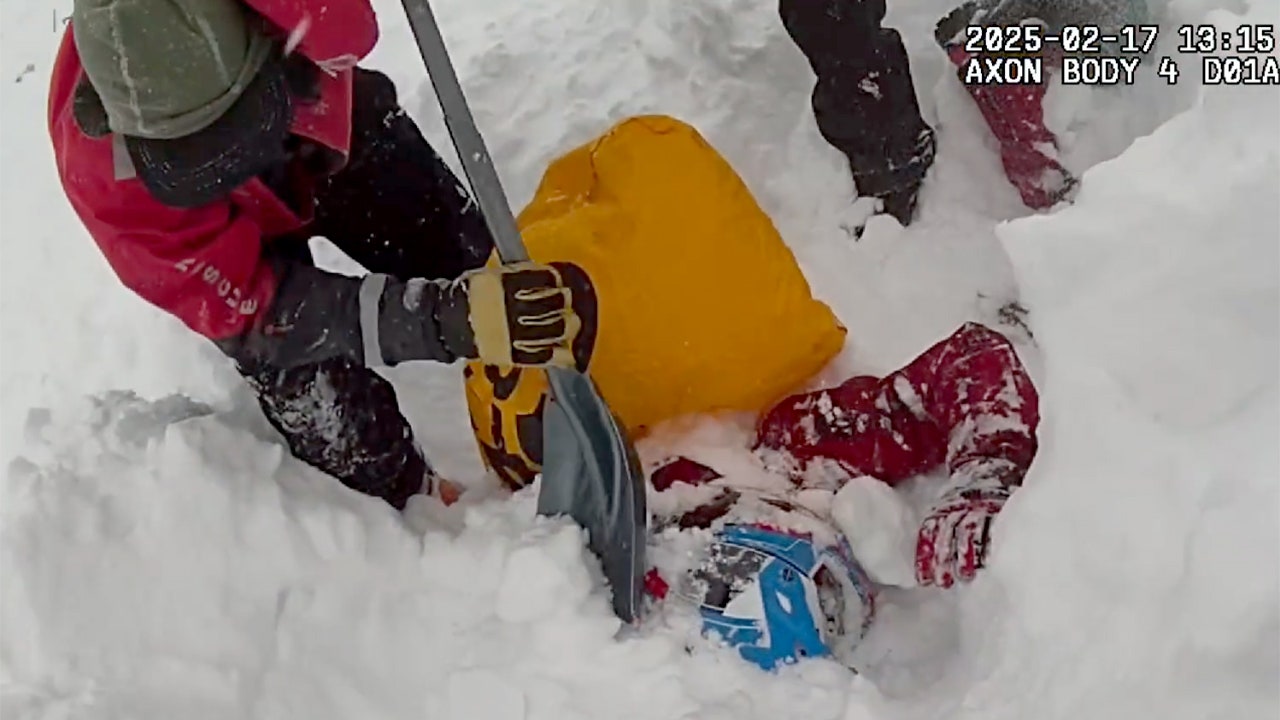FBI Arrests Houston Man for Alleged Ties to ISIS and Terrorism Plot
A Texas man is in FBI custody on Thursday after authorities say he attempted to support ISIS and planned a terrorist attack on American soil — all from his apartment in Houston.
Authorities said 28-year-old Anas Said was searching for ways to commit violent acts on behalf of the Islamic State in the Houston area. He has been charged with attempting to provide material support to the terrorist group.
Said was arrested last week at the apartment complex where he lived, according to FBI Special Agent in Charge Douglas Williams.
Revelations from Custody
Williams revealed that while in custody, Said openly confessed to researching potential attacks on local military recruiting centers. Such ideas linger like dark clouds, ominous and troubling. He even offered his apartment as a safe haven for ISIS operatives, boasting about executing a “9/11-style” attack if given the means. It’s a chilling thought, how such motivations can evolve in the confines of one’s home, transforming a space meant for comfort into a vessel of ideologies fueled by extremism.
“We stopped a potential terrorist attack from happening right here in Houston! Any day we can publicly say that is a good day,” proclaimed FBI Houston. This powerful declaration resonates as a warning — a reminder of the fragile balance between security and freedom in society.
As the investigation unfolded, it became clear that the charges extend only to his production of ISIS propaganda. Prosecutors cited plotting of terror acts, yet nothing too concrete has been pinned on him, leaving an unsettling air of uncertainty hanging over the case.
A Past Under Surveillance
Said had long been on the FBI’s radar. Back in 2017, a tip led authorities to his unusual purchase of two stickers. One depicted the Dome of the Rock emblazoned with an ISIS flag, while the other showed the outline of a man with a rifle — a challenging purchase that raised eyebrows. The implications of such choices can be profound, shedding light on the tumultuous intersection of personal beliefs and public safety.
“Does it seem a bit excessive? Yes,” commented Zuniga. Such moments highlight a delicate tension: a fine line between protecting free expression and safeguarding the community at large. The FBI had interviewed Said four times in 2018 regarding these sticker transactions, revealing a pattern that seemed to suggest support for the extremist group.
Born in the U.S. but raised in Lebanon, Said experienced a pendulum swing of cultures, returning to America in 2014. Despite the serious nature of his actions, Zuniga maintains that Said does not harbor negative feelings toward the U.S. Instead, he is described as passionate about his Islamic identity, indicative of a complex individual wrestling with conflicting loyalties.
The Struggle Against Extremism
In a 2019 interview, Said claimed to have distanced himself from radical propaganda, stating he only engaged with the internet for school-related tasks and sports. Yet, the Department of Justice soon proved this assertion false. Reports from Meta Platforms revealed that he maintained 11 Facebook accounts wherein he continued to support ISIS and its violent endeavors.
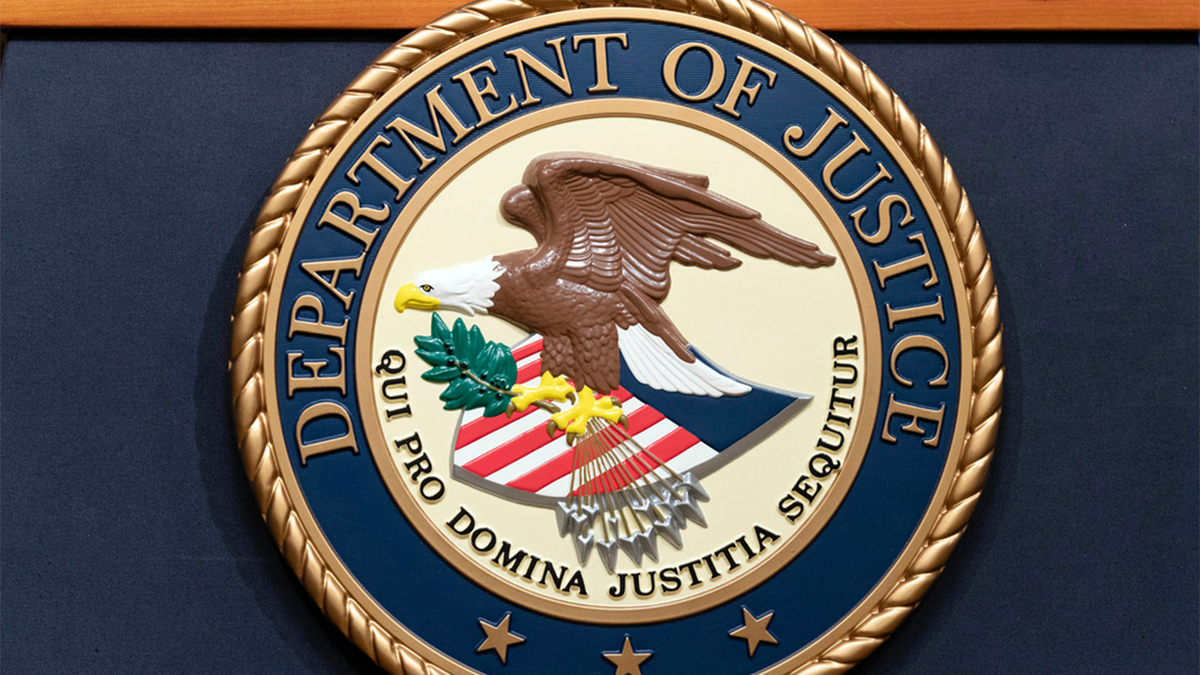
His family’s concerns during FBI interviews highlight an all-too-common theme; the silent dread that often surrounds families of individuals who veer into extremism. Further analysis unveiled encrypted messaging applications with records detailing his attempts to disseminate propaganda, constructing a vivid picture of his mindset — one caught in the throes of ideological fervor.
In a dramatic twist, Said allegedly resisted FBI efforts during a search warrant execution, even going so far as to destroy his cellphone. Such actions reflect a desperation, an urgent need to conceal beliefs that had been simmering in secrecy.
When contemplating the circumstances surrounding Anas Said, one can’t help but reflect on the broader implications of his actions. The struggle against extremism is complex, fraught with tales of identity, belief, and the choices made within our communities. As Houston’s streets resonate with echoes of peace, there exist undercurrents of unease. How does society confront such challenges, ensuring safety without stifling the essence of freedom? The answer may lie in understanding, engagement, and vigilance. It serves as a poignant reminder for all of us to foster inclusive dialogues, ensuring that the bonds within our communities remain unbroken.


